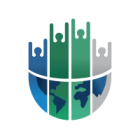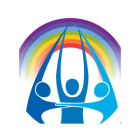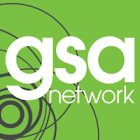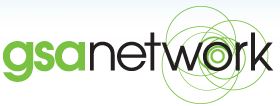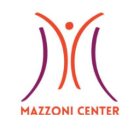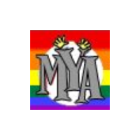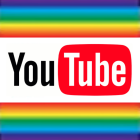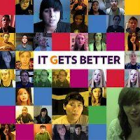Tag Archives:lesbian
International Bullying Prevention Association share
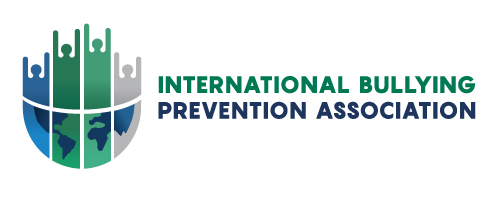 The International Bullying Prevention Association provides resources, training, and information regarding the prevention of bullying, pulling from the latest in scientific research. Periodically, they host webinars that are geared towards parents and educators, for free! You can register to participate when it is happening live or, if you are a member (which costs $25 at the time of this post), you check out their webinar archives at your leisure. Additionally, they host an annual conference to discuss the latest research and programs that are being used successfully.
The International Bullying Prevention Association provides resources, training, and information regarding the prevention of bullying, pulling from the latest in scientific research. Periodically, they host webinars that are geared towards parents and educators, for free! You can register to participate when it is happening live or, if you are a member (which costs $25 at the time of this post), you check out their webinar archives at your leisure. Additionally, they host an annual conference to discuss the latest research and programs that are being used successfully.
Attic Youth Center share
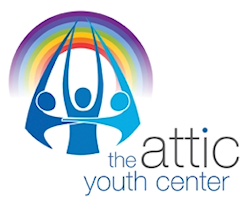 Don’t be fooled by it’s title, the Attic Youth Center, offers so much more than just a place for LGBTQIA+ youth to hang out. I even love the backstory of this place. It was originally started as an eight-week program, by two graduate students back in 1993. Hosted in the attic of a building, the kids wouldn’t let it end. Since that time, it has grown to being a significant resource for area youth.
Don’t be fooled by it’s title, the Attic Youth Center, offers so much more than just a place for LGBTQIA+ youth to hang out. I even love the backstory of this place. It was originally started as an eight-week program, by two graduate students back in 1993. Hosted in the attic of a building, the kids wouldn’t let it end. Since that time, it has grown to being a significant resource for area youth.
I think what I love about it the most is that the heart of this organization is to help kids to grow as citizens who are engaged in the world around them and have a voice. So, not only are there support groups, counseling, case management, healthy choices education, and life skills opportunities, the kids work on community projects together with opportunities for leadership roles. Plus, the website has inspirational stories and lists of resources.
And, as if that’s not enough, the Bryson Institute offers various trainings regarding current “best practices” for working with LGBTQIA+ youth. You can contact them, explain the intended audience and needs, and they can customize a training for your organization. Clearly, this organization is worth checking out!
Gay Straight Alliance (GSA) Network share
Gender Sexuality Alliance (GSA) clubs, are typically found in high schools and colleges. The GSA Network supports Gender & Sexuality Alliance (GSA) clubs for students in high school and college settings. These clubs are incredibly important because I have found that they are often the first safe place in a teen’s life where they can let down their guard, express their true-selves and feel real-life support that they haven’t found in other parts of their young lives.
As I described in my post about GLSEN (another organization that provides support to GSA’s), the GSA Network is one of two organizations that helps to set-up, advocate for, and provide resources to individual GAS clubs, The GSA Network operates the GSA Network of California, which connects over 900 clubs across the state, the National Association of GSA Networks, which unites 40 statewide networks of GSA clubs, and GSAs Unite, an online campaign and petition platform supporting youth organizers across the country. (As far as I can tell, GSA’s were originally orchestrated and supported by the GSA Network, originating in California. It seems that GLSEN has stepped in as another agency that supports these clubs.)
If there isn’t a GSA club available in your (or your child’s) school, and you would like to start one, they can help you do this. They also provide ongoing resources to help run a successful, healthy, supportive club.
Mazzoni Center & The TransWellness Conference share
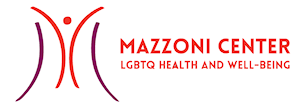
The Mazzoni Center’s mission is to provide quality, comprehensive health and wellness services in an LGBT-focused environment, while preserving the dignity and improving the quality of life of the individuals they serve. Their offers a full array of primary health care services, mental and behavioral health services, and LGBT legal services, as well as HIV and STD testing, food bank and housing subsidies for families and individuals affected by HIV, support groups, outreach and education programs. They also have specialist in transgender issues.
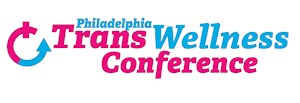 A prominent feature of the Mazzoni Center is the fact that they host the annual Philly TransWellness Conference. There is a professional training track (different ones for people in the counseling, medical, and legal professions) that involves paying a reasonable fee. However, the bulk of the conference is aimed at directly meeting the needs of people within the trans community…and it’s FREE!
A prominent feature of the Mazzoni Center is the fact that they host the annual Philly TransWellness Conference. There is a professional training track (different ones for people in the counseling, medical, and legal professions) that involves paying a reasonable fee. However, the bulk of the conference is aimed at directly meeting the needs of people within the trans community…and it’s FREE!
Hosted at the Philadelphia Convention Center, the conference is massive and the number of attendees continues to grow every year. The website boasts that they are, “The Largest Free Trans-Specific Conference in the World,” and I believe it. While there are cicgendered attendees (people who don’t identify as trans), we are certainly in the minority and it’s really thrilling. (OK, at first it’s intimidating, for fear of accidentally offending someone, and then thrilling!) To borrow from Harry Potter, a cisgendered person at the conference might initially feel like a muggle would at Hogwarts, which hopefully means that a trans person feels like a wizard who fits right in. The bathrooms are labeled as being open to any gender identity and everyone walks around with name tags that includes the pronouns that they prefer people use for them. If you can…go, even if you are neither trans or a professional…and just want to learn more.
Mainline Youth Alliance share
The Main Line Youth Alliance is a teen/young adult (ages 14-22) drop in center in on Friday nights Wayne, PA. They have a guest speaker and then hang out time. MYA provides a safe and healthy environment for their LGBTQIA+ youth. Meetings are virtually every Friday evening from 7-9:30 pm. There is no charge for admission and like any group, where teens gather, snacks are served! From time to time, they welcome parents to join in for an activity of fundraising or discussions.
Transgender Videos & vLogs on YouTube share
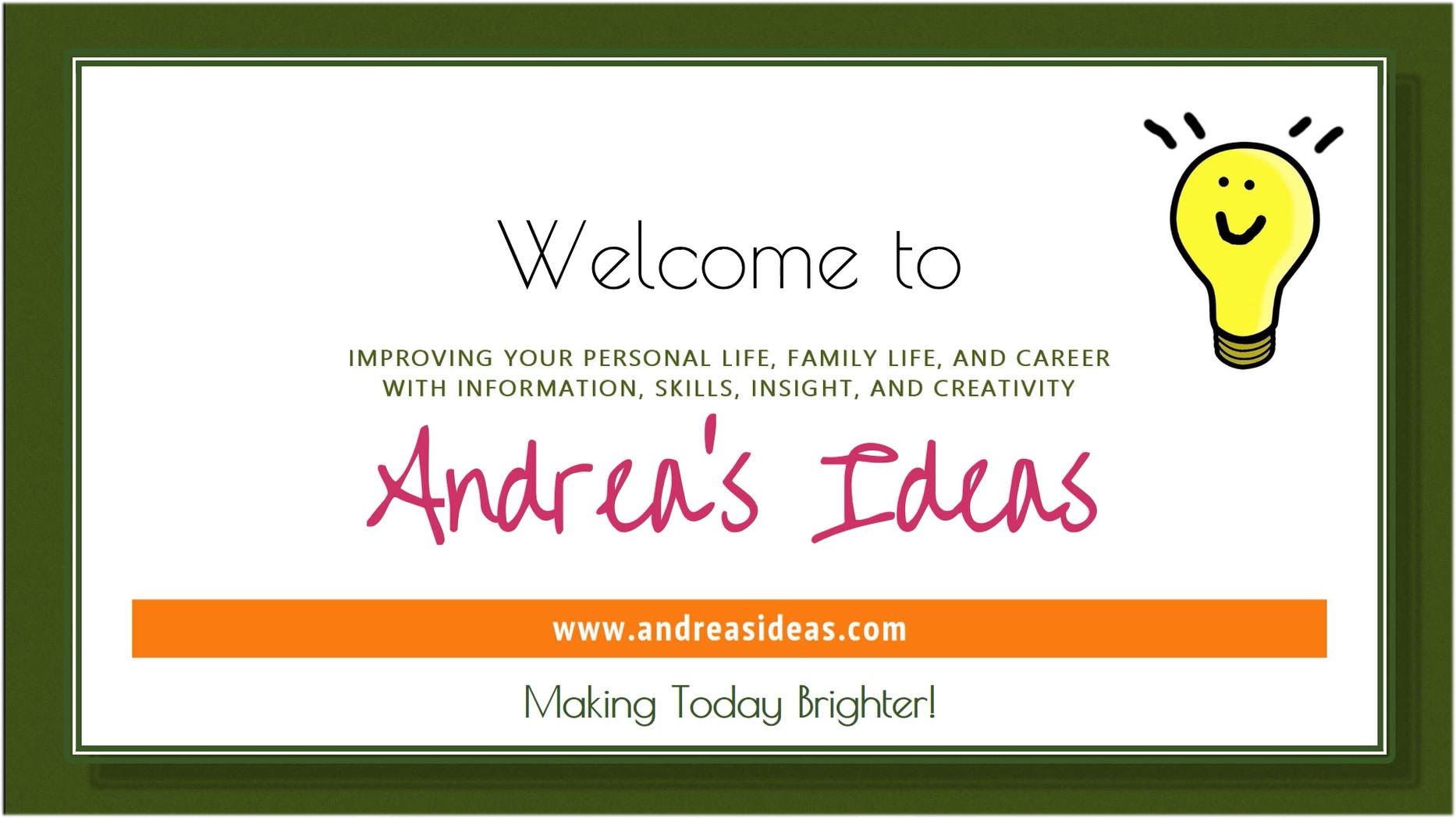 I have an ever-growing playlist on my YouTube Chanel (well, really many, many ever-growing playlists) of videos mostly by people who are trans. It has basic information (like the role of pronouns in being respectful of people’s gender identity) and relatable stories (like a son interviewing his mom about what it’s like for her to have a trans son). Generally speaking, videos can go a long way in helping to see the humanity in other people and understand in a more intimate way the challenges and victories that people can face. This playlist is no exception.
I have an ever-growing playlist on my YouTube Chanel (well, really many, many ever-growing playlists) of videos mostly by people who are trans. It has basic information (like the role of pronouns in being respectful of people’s gender identity) and relatable stories (like a son interviewing his mom about what it’s like for her to have a trans son). Generally speaking, videos can go a long way in helping to see the humanity in other people and understand in a more intimate way the challenges and victories that people can face. This playlist is no exception.
"It Get's Better" Project share
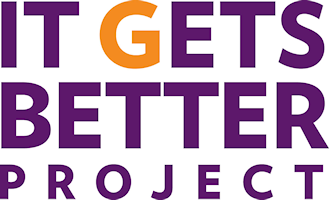 I first became aware of the It Gets Better movement from a viral video back in October 2010. Joel Burns, an elected official, made a speech at a Fort Worth, TX city council meeting. He had been deeply troubled by several gay teens committing suicide and had a personal message he felt compelled to share with other teens that might be experiencing the same emotional pain. You can check out this powerful speech on YouTube.
I first became aware of the It Gets Better movement from a viral video back in October 2010. Joel Burns, an elected official, made a speech at a Fort Worth, TX city council meeting. He had been deeply troubled by several gay teens committing suicide and had a personal message he felt compelled to share with other teens that might be experiencing the same emotional pain. You can check out this powerful speech on YouTube.
I honestly don’t know if he has any connection to the formal It Gets Better organization but, according to their website, they started up the month before Joel’s speech. Since that time, they have produced and collected many inspirational videos, from famous people and regular people, about why, even when things seem so hard as an LGBTQ youth, you need to hold on because when you grow up and are an adult, you can chart your own course, find a community that supports you for you, and feel like life is worth living.

